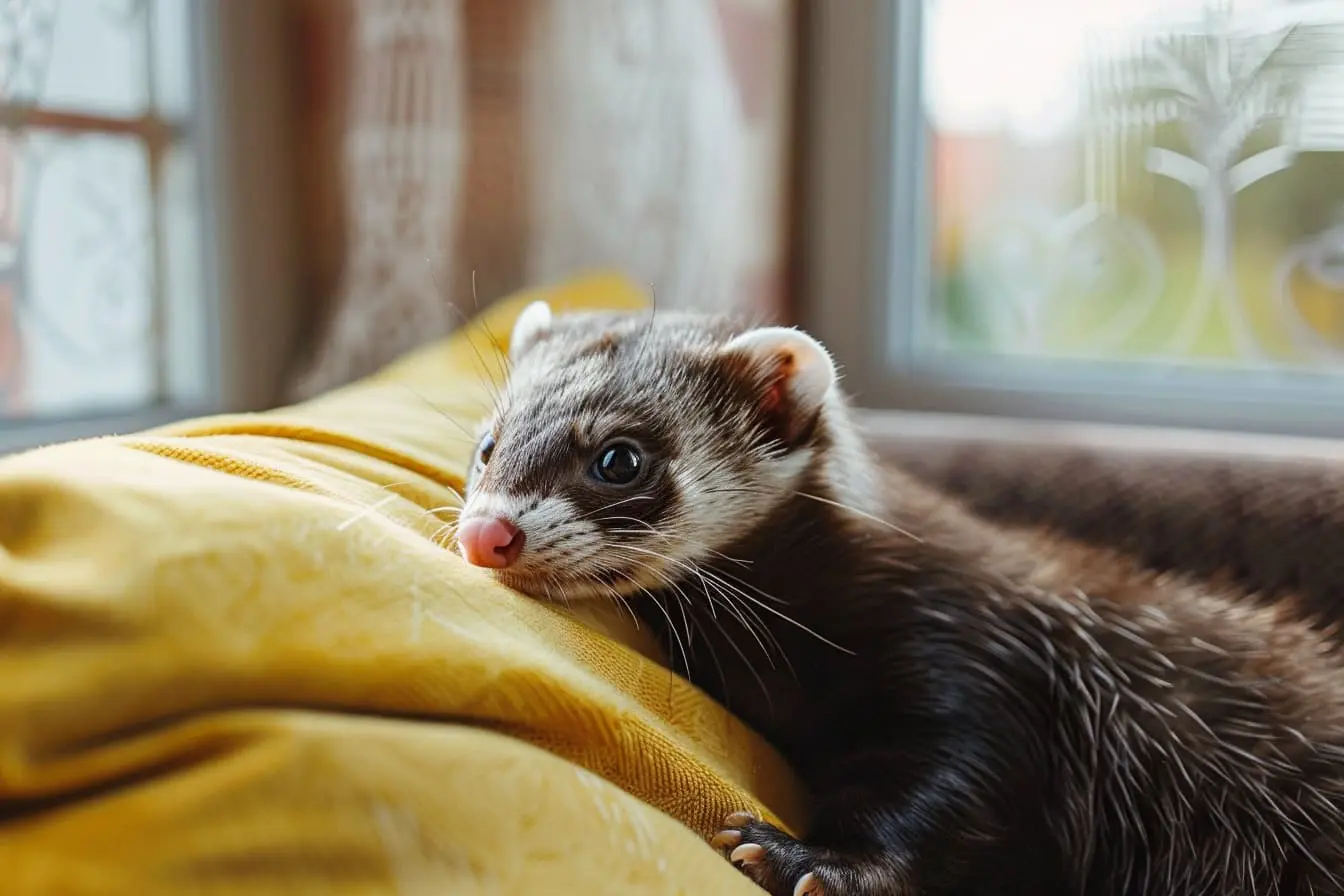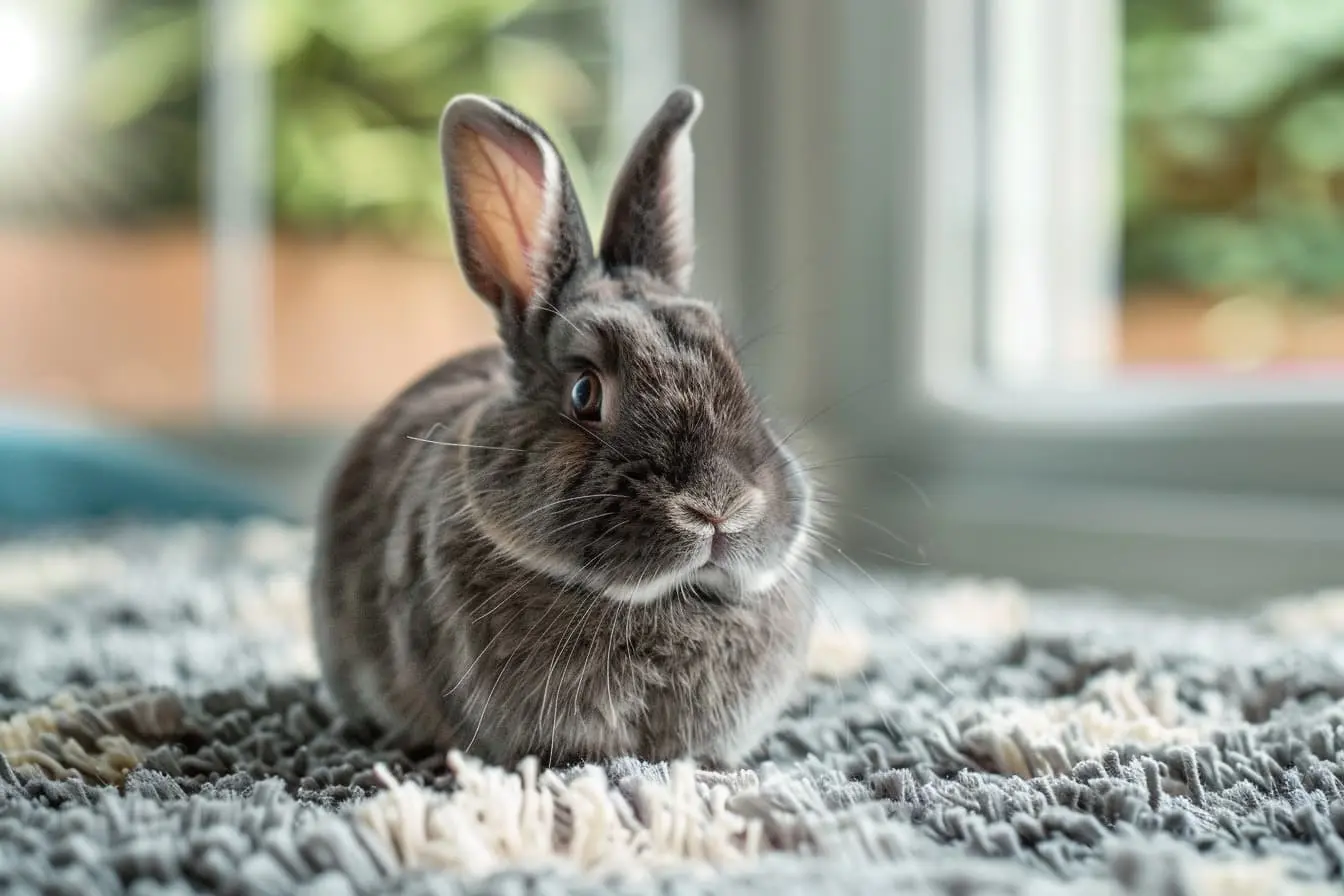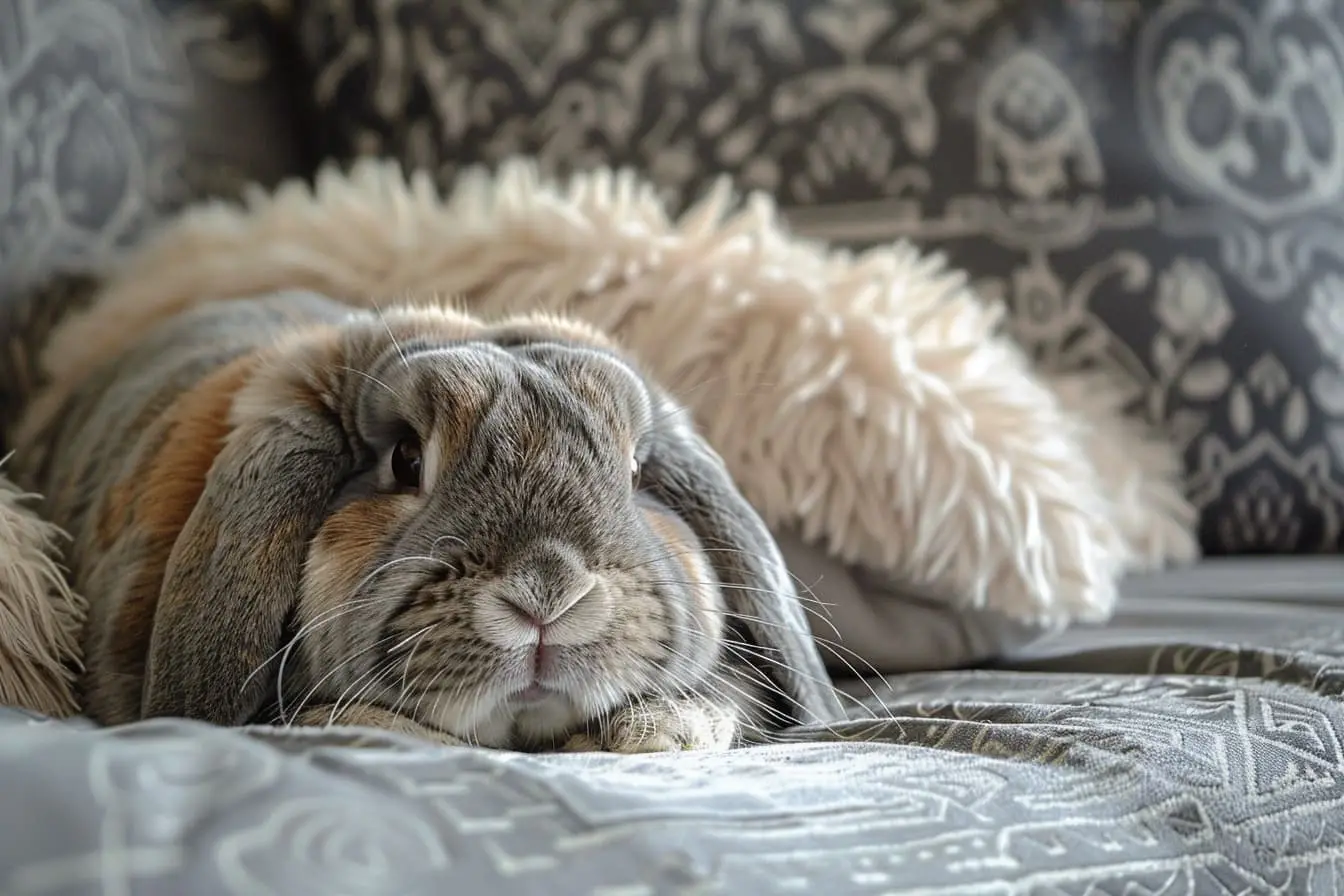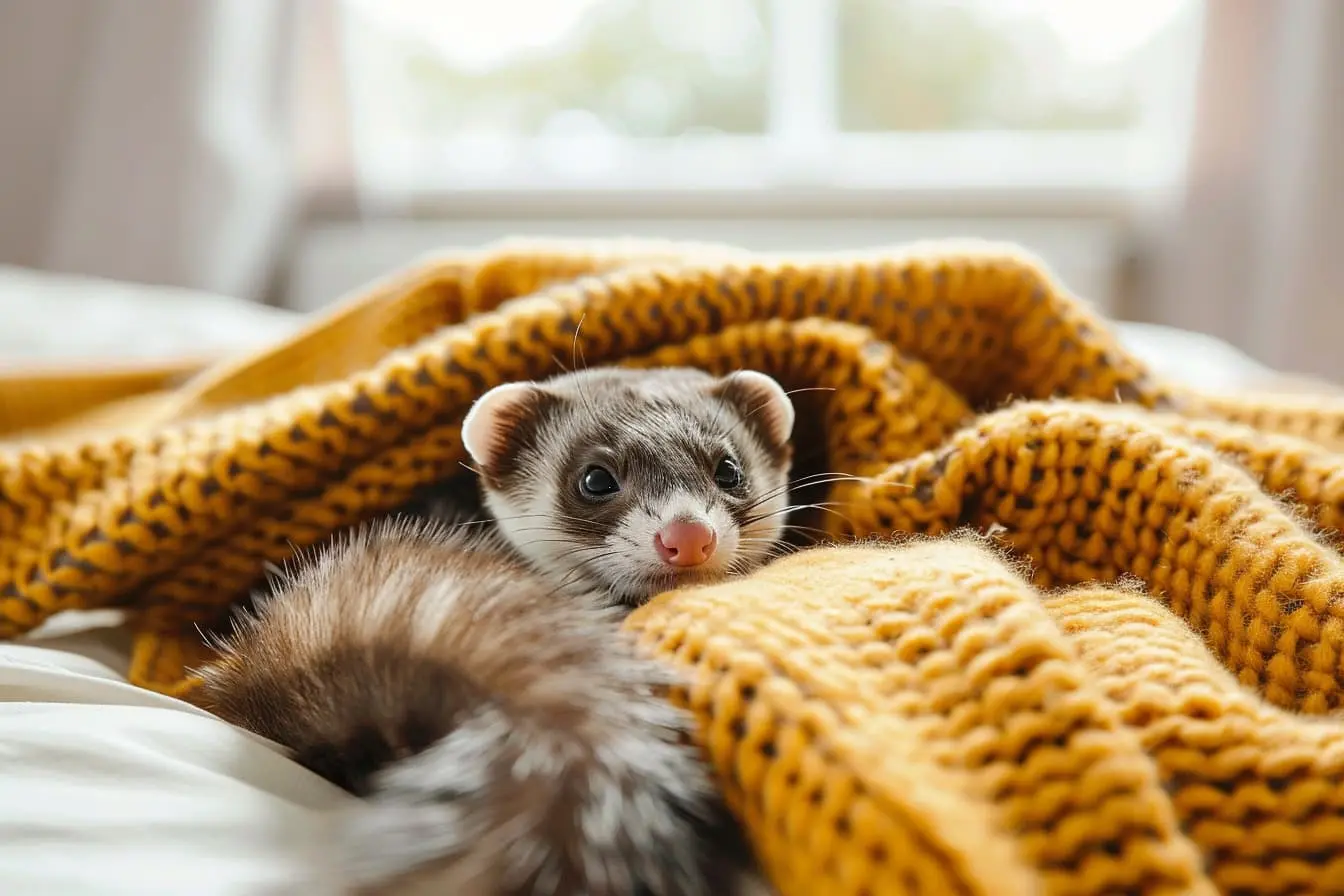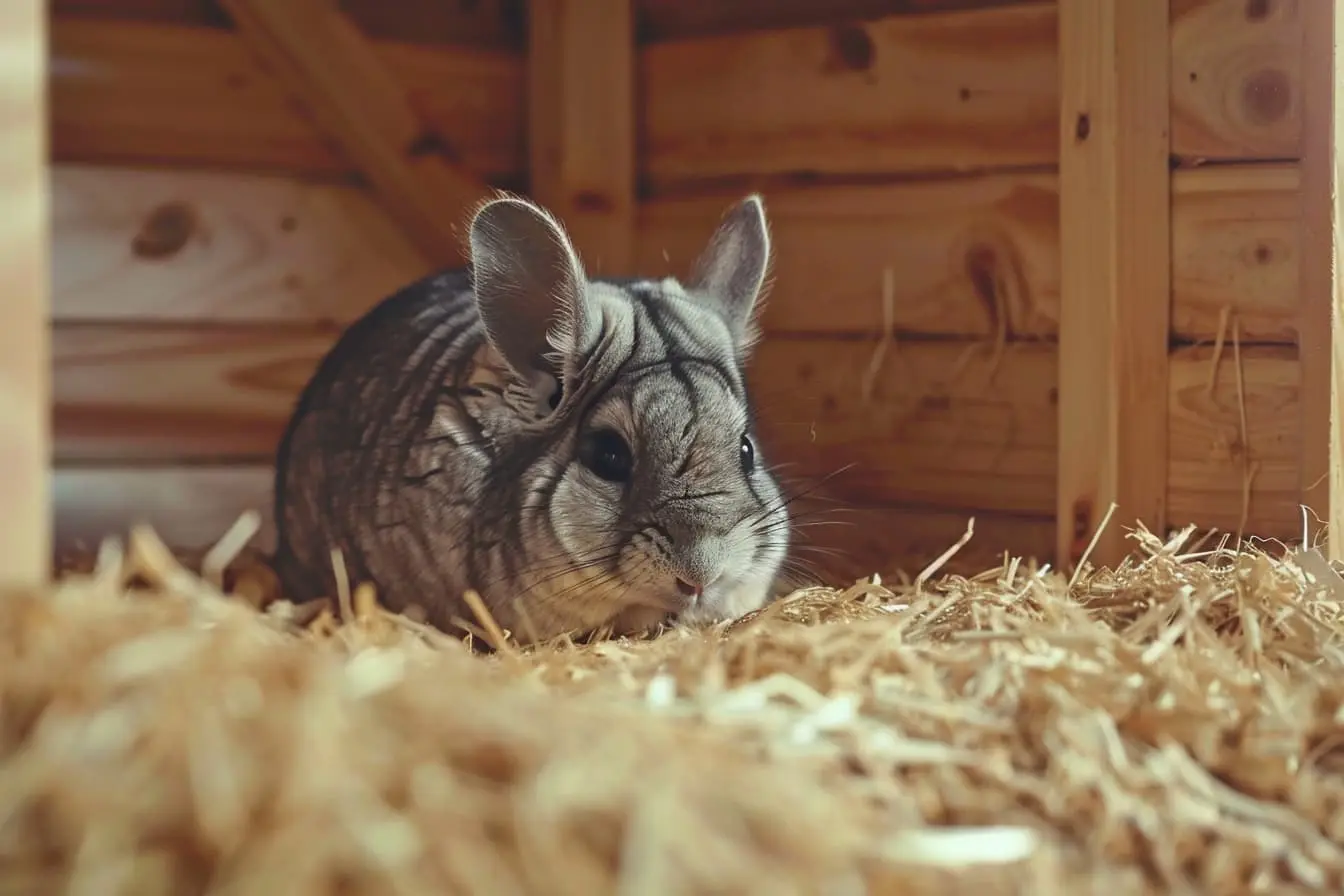
The Complete Guide for New Chinchilla Owners
Chinchillas are charming and unique pets, known for their soft fur and lively personalities. If you're considering welcoming a chinchilla into your home, you're in for a delightful journey. However, chinchillas have specific care requirements to keep them happy and healthy. This guide is designed to provide new chinchilla owners with all the essential information needed to prepare for and care for their new pet.
Understanding Chinchillas
Chinchillas originate from the Andes mountains in South America, where they live in cool, dry environments. They have a long lifespan for small pets, often living 10-15 years or more with proper care. Chinchillas are nocturnal animals, most active during the evening and night. They have specific dietary and environmental needs and are known for their dust baths, which are essential for maintaining their plush coats.
Essentials for Your New Chinchilla
The Cage*
A large, multi-level cage is necessary to provide ample space for exercise and exploration. Ensure the cage is made of solid, chew-proof materials and includes platforms and ramps for climbing. The cage should be placed in a cool, well-ventilated area away from direct sunlight and draughts.
Bedding
Recycled paper bedding or aspen shavings are suitable for the cage floor. Avoid cedar and pine shavings, as these can cause respiratory issues in chinchillas.
Food and Water
Chinchillas require a diet consisting mainly of hay, supplemented with pellets formulated specifically for chinchillas. Fresh water should be available at all times through a hanging bottle.
Dust Bath
Provide a dust bath for your chinchilla 2-3 times a week. Use special chinchilla dust available at pet stores to help them keep their fur clean and healthy.
Toys and Accessories
Chinchillas need environmental enrichment to stay healthy and happy. Include chew toys made of safe woods, hiding places, and an exercise wheel with a solid surface to prevent foot injuries.
Bringing Your Chinchilla Home
When your chinchilla first arrives, give them time to adjust to their new surroundings. Be patient and allow them to approach you on their terms. Chinchillas can be skittish with new people and environments, so gradual introduction is key to building trust.
Daily Care and Interaction
- Feeding: Provide unlimited hay and a small amount of pellets daily. Treats should be given sparingly to avoid digestive issues.
- Cleaning: Spot clean the cage daily and perform a full clean weekly. This includes changing the bedding and washing any accessories.
- Health Checks: Regularly monitor your chinchilla for signs of distress or illness. Pay special attention to their eating habits, activity level, and fur condition.
Socialisation and Exercise
Chinchillas are social animals that require interaction and playtime outside their cage to stay mentally and physically healthy. Ensure the room is chinchilla-proofed to prevent accidents and escapes.
Final Thoughts
Owning a chinchilla can be incredibly rewarding, offering the chance to bond with a unique and endearing pet. By providing the right environment, diet, and care, you'll ensure your chinchilla thrives in your home. Prepare thoroughly, care diligently, and enjoy the company of your new fluffy friend for many years to come. Welcome to the wonderful world of chinchilla ownership!
Vets near you
Speciality vets
- Aquatics vet specialists
- Birds vet specialists
- Camelids vet specialists
- Cats vet specialists
- Cattle vet specialists
- Deer vet specialists
- Dogs vet specialists
- Equines vet specialists
- Exotic vet specialists
- Goats vet specialists
- Pigs vet specialists
- Poultry vet specialists
- Sheep vet specialists
- Small Mammals vet specialists
- Wild vet specialists
Vet facilities
- Accessible by public transport
- Blood testing
- Car park nearby
- Client car park
- Dentistry
- Diagnostic imaging
- Disabled public access
- Flea and worm treatments
- Microchipping
- Mobile services
- Neutering
- Open at weekends
- Out-of-hours service
- Referral interests
- Referrals only
- Street parking outside
- Toilets available
- Vaccinations
